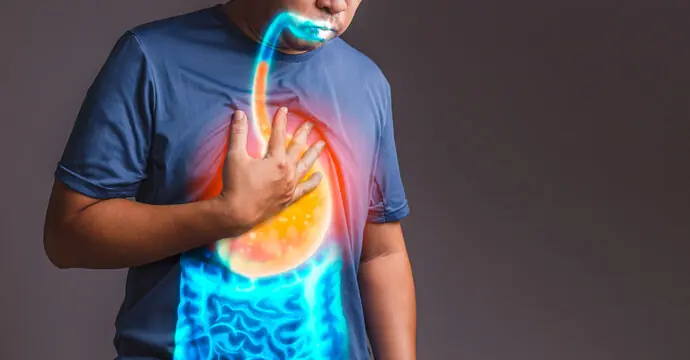
Don’t ignore this heart test—it might save your life!

Have you ever paused to think about your arteries? These incredible blood vessels transport life-giving blood throughout your entire body, yet they are often overlooked—until something goes wrong. Over time, arteries can become clogged, restricting blood flow and potentially leading to life-threatening conditions like heart attacks and strokes. The alarming part? You might not even realize it’s happening until it’s too late. Fortunately, there are ways to maintain healthy arteries, prevent plaque buildup, and even a simple test you can do at home to monitor their health. (Based on the insights of cardiologist Dr. Andre Wambier)
The Silent Threat: Understanding Clogged Arteries
Our bodies are constantly changing, even if we don’t notice it. As we age, the walls of our arteries can stiffen and thicken, making it harder for blood to flow smoothly. On top of that, tiny fat deposits called plaques can slowly accumulate without causing any symptoms. These plaques can quietly build up over years, and before you know it, you might face a heart attack or stroke that could drastically alter your life.
This dangerous process, known as atherosclerosis, often starts silently. Many people mistakenly believe it only affects the elderly. However, studies have shown that even young people can have significant plaque buildup. For example, research in the United States revealed that among young individuals under 35 who tragically died in car accidents, almost 80% already had plaques in their heart arteries. Shockingly, 20% of them had more than half of their arteries blocked. This shows that atherosclerosis can begin far earlier than most people realize—even during childhood or young adulthood.
Key Takeaways:
-
Atherosclerosis can start in childhood and affect young adults.
-
Plaque buildup often occurs without symptoms.
-
Early detection and lifestyle adjustments are crucial for prevention.
How Plaques Trigger Heart Attacks and Strokes
A common misconception is that only large plaques are dangerous. In reality, even smaller plaques can be deadly because they can rupture.
Imagine a plaque as a tiny bubble of fat, cholesterol, and other substances, enclosed by a thin protective layer—like plastic wrap around food. If inflammation, stress, or lack of sleep weakens this layer, it can rupture. When this happens, the contents spill into your bloodstream, triggering a response from your platelets, which are normally responsible for stopping bleeding.
The problem is that the artery acts like a pipe. When platelets rush to repair the rupture, they can form a clot that completely blocks the artery. If this occurs in your heart, it causes a heart attack; in your brain, it triggers a stroke.
This explains why seemingly healthy individuals can suddenly experience fatal heart events. Most heart attacks are caused by plaques that were less than 50% blocked—meaning symptoms often appear too late to prevent the event. This underlines the importance of proactive artery care from a young age.
Checking Your Arteries: The Ankle-Brachial Index (ABI) Test
How can you know if your arteries are already affected? Doctors have several methods:
-
Ultrasound scans can detect blockages in the neck arteries (carotids) or the abdominal aorta.
-
Calcium scoring CT scans measure calcium deposits in heart arteries. A zero score doesn’t guarantee safety, as dangerous soft plaques may not show up yet.
-
CT angiograms or cardiac catheterization provide detailed insights into plaque location and severity.
However, these tests can be costly or invasive. Fortunately, a simpler method exists: the Ankle-Brachial Index (ABI) test, which can even be done at home. It measures blood flow and detects peripheral artery disease, an early sign of systemic arterial issues.
How to Perform the ABI Test at Home:
-
Lie down for a few minutes to relax.
-
Measure blood pressure in one arm and record the top number (systolic pressure).
-
Measure blood pressure in one ankle, locating the artery carefully.
-
Repeat for the other ankle and arm.
-
Calculate your ABI: Divide the highest ankle pressure by the highest arm pressure for each leg.
Interpreting Results:
-
Normal: 1.0–1.4
-
Peripheral Artery Disease (PAD): Below 0.9
-
Stiff arteries: Above 1.4
If your ABI falls outside the normal range, consult a doctor for further evaluation. Regular monitoring can track improvements if you adopt healthier habits.
Lifestyle Factors Affecting Artery Health
Even people who appear healthy can have severe plaque buildup. I once treated a 57-year-old marathon runner with an excellent diet and normal stress tests. Yet, imaging revealed his arteries resembled those of a 73-year-old, with plaques blocking nearly 60% of certain arteries. With targeted treatment, diet changes, and consistent exercise, he reversed decades of plaque buildup in just one year.
Major Risk Factors Include:
-
High blood pressure
-
High cholesterol
-
Diabetes
-
Smoking (current or past)
-
Chronic stress
-
Family history
Even if you live an otherwise healthy lifestyle, these factors can quietly accelerate atherosclerosis.
The Best and Worst Foods for Your Arteries
Foods to Avoid:
-
Ultra-processed foods: Chips, instant noodles, and packaged snacks.
-
Sugar and corn syrup: Common in drinks and processed foods.
-
Trans fats: Found in fast food, margarine, and many desserts.
-
Saturated fats: Excessive red meat, processed meats.
-
Refined carbs: White bread, rice, pasta.
-
Fried foods: Deep-fried items increase inflammation.
Foods to Embrace:
-
Legumes: Beans, lentils, chickpeas.
-
Oats: Rich in soluble fiber to reduce cholesterol.
-
Beetroot and leafy greens: Boost nitric oxide and improve circulation.
-
Seeds and nuts: Chia, flax, almonds, walnuts.
-
Fruits: Berries and avocado for antioxidants and healthy fats.
-
Fish: Salmon, sardines for Omega-3s.
-
Extra virgin olive oil: Supports heart health.
-
Dark chocolate (>70% cocoa): Improves artery function.
Even gradual changes can significantly improve artery health over time.
A Glimpse into the Future: Nanoparticles for Artery Cleaning
Exciting new research may revolutionize artery care. Tiny nanoparticles can stimulate a natural cleanup process called efferocytosis, clearing plaques from arteries without surgery or lifelong medication. Animal studies show promising results, and human trials are on the horizon. This therapy targets only diseased areas, leaving healthy tissue intact—a potential game-changer for preventing heart attacks and strokes.
Taking care of your arteries isn’t just about avoiding disease—it’s about enhancing your energy, longevity, and quality of life. By understanding the silent threats, checking your arteries, adjusting your diet, managing stress, and staying active, you can protect your heart and brain for decades to come. The journey starts today.
News in the same category

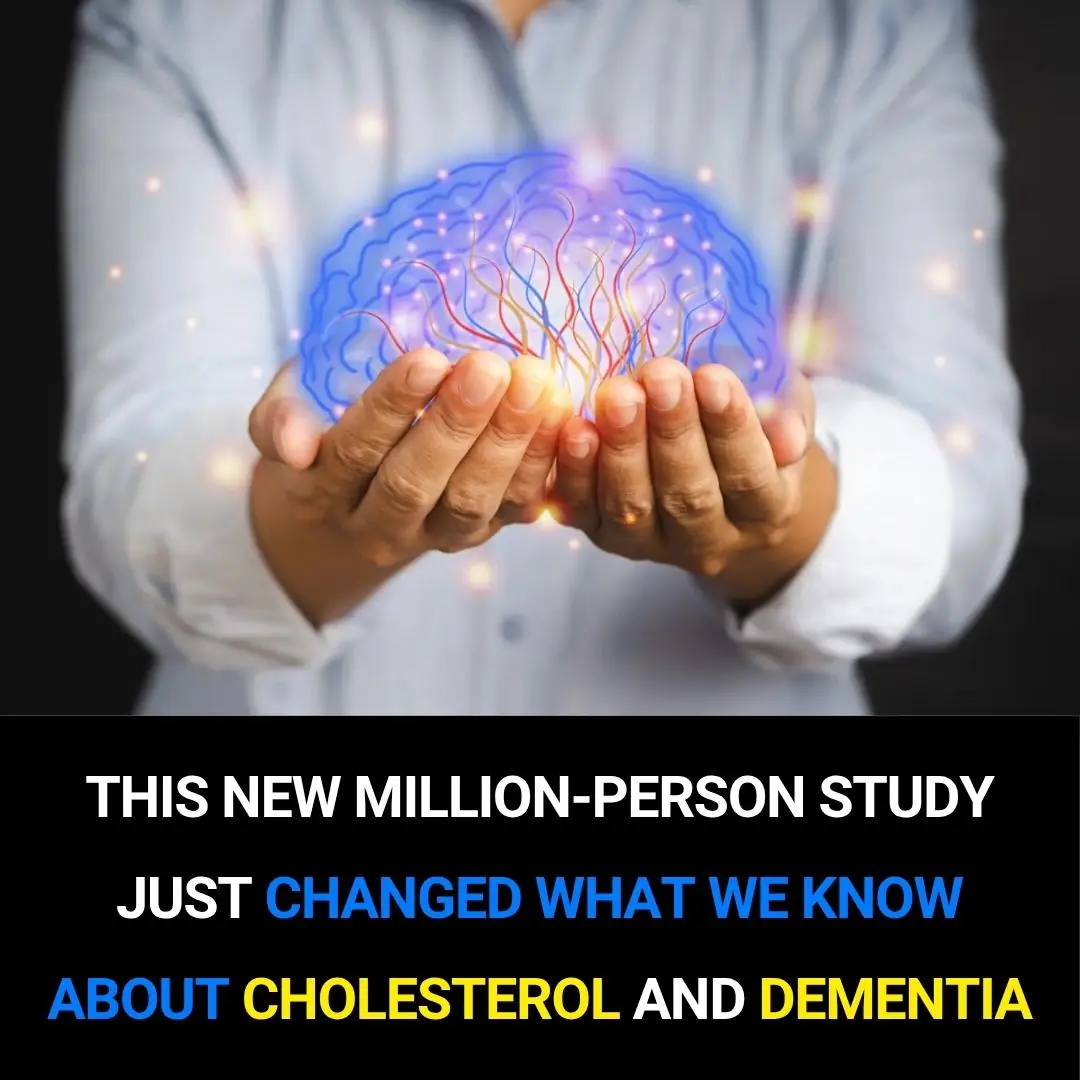
This New Million-Person Study Just Changed What We Know About Cholesterol and Dementia
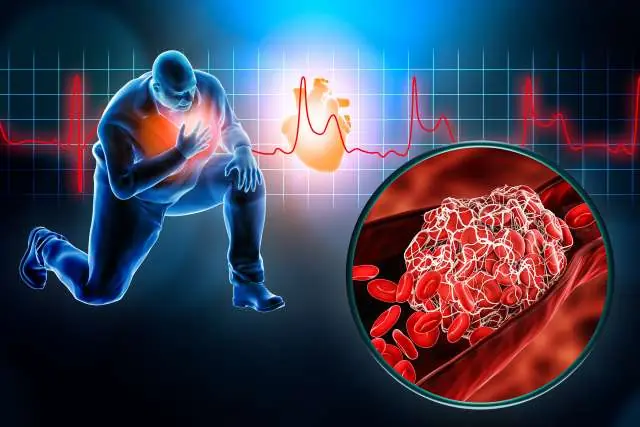
How to Survive a Heart Attack When You’re Alone: Immediate Steps You Must Take
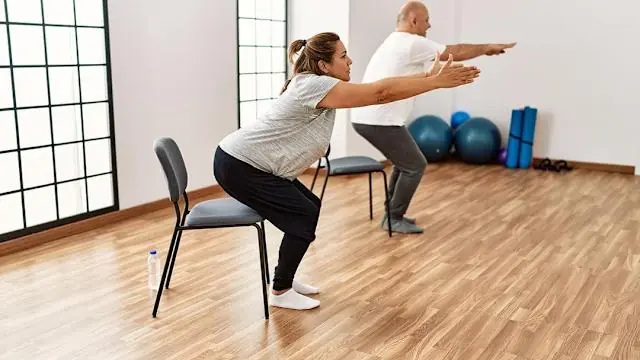
This 30-Second Chair Test Reveals if Your Legs Are Aging Faster Than You Think
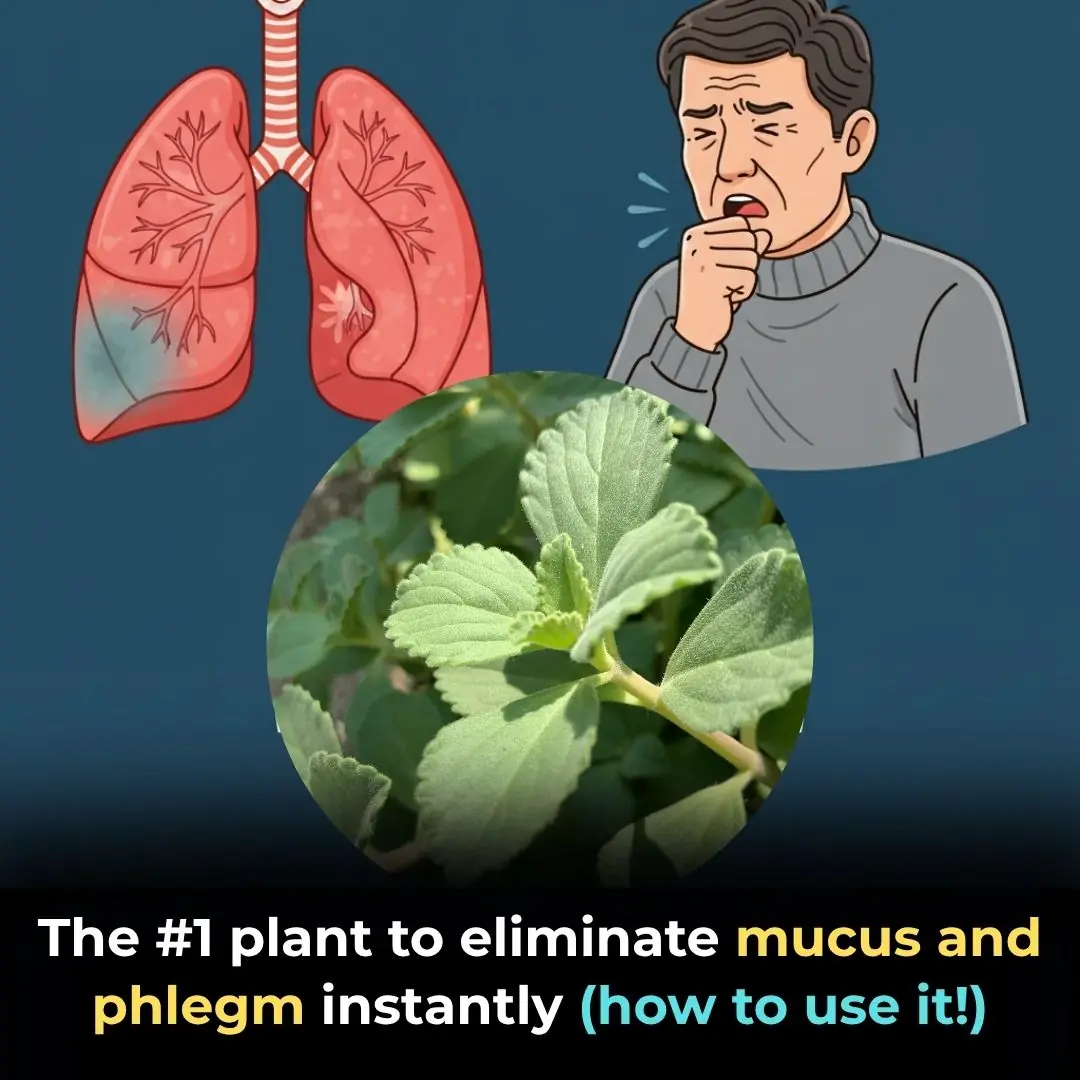
The #1 plant to eliminate mucus and phlegm instantly (how to use it!)
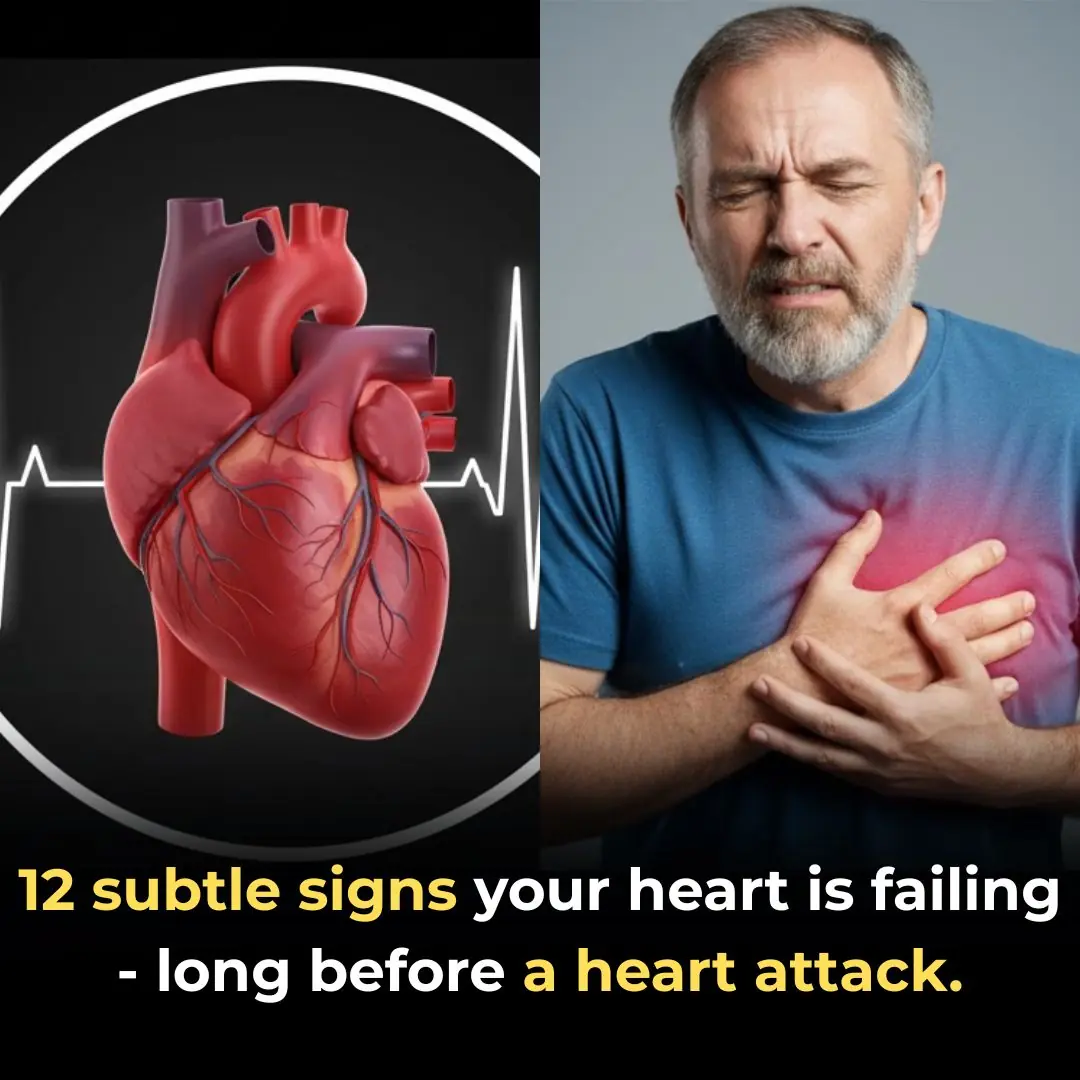
12 warning signs of heart failure you should never ignore
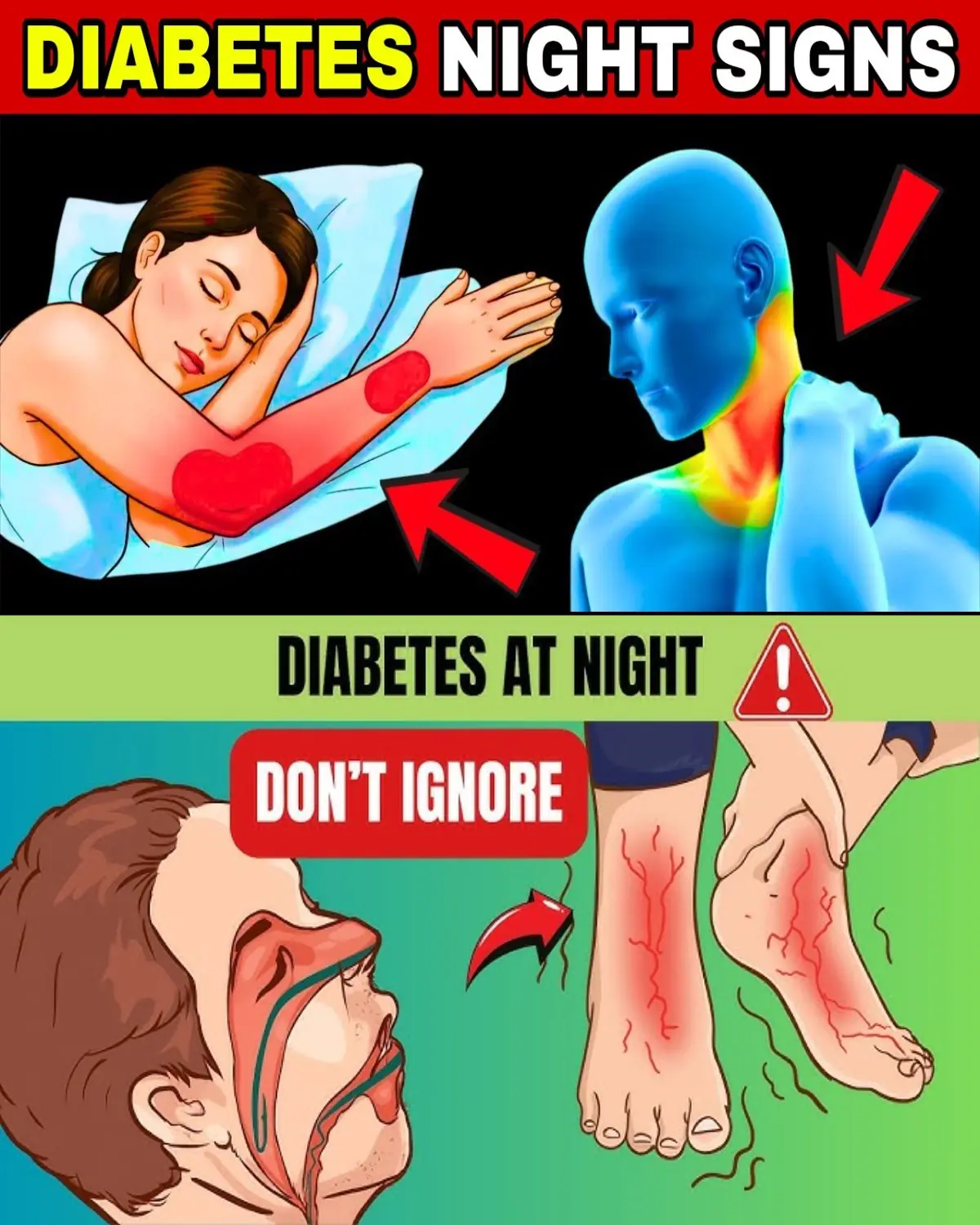
7 Nighttime Signs of Diabetes + 8 Tips to Avoid Blood Sugar Spikes Without Cutting Carbs!

All lupus cases may be linked to a common virus, study finds
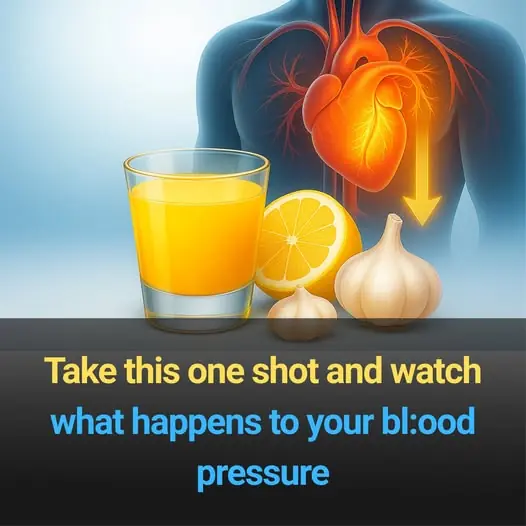
Take this one shot and watch what happens to your blood pressure
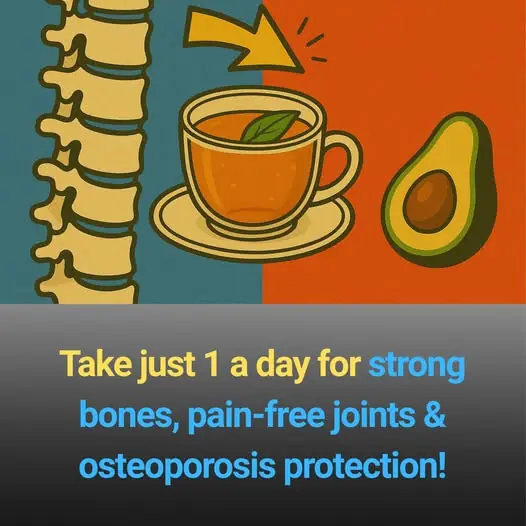
Take just 1 a day for strong bones, pain-free joints & osteoporosis protection!
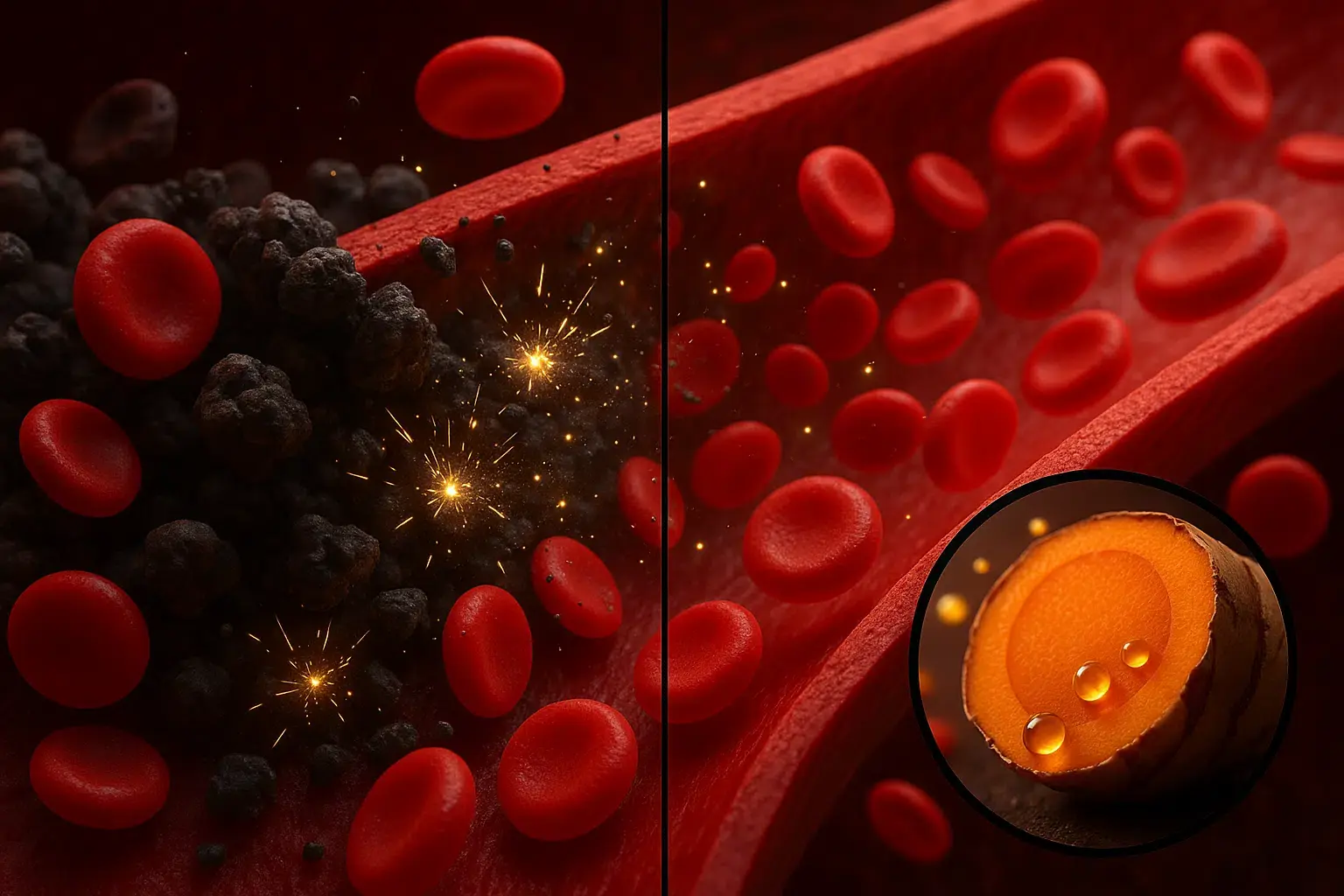
Can a Common Kitchen Spice Help Prevent Type 2 Diabetes? New Research Raises Big Questions
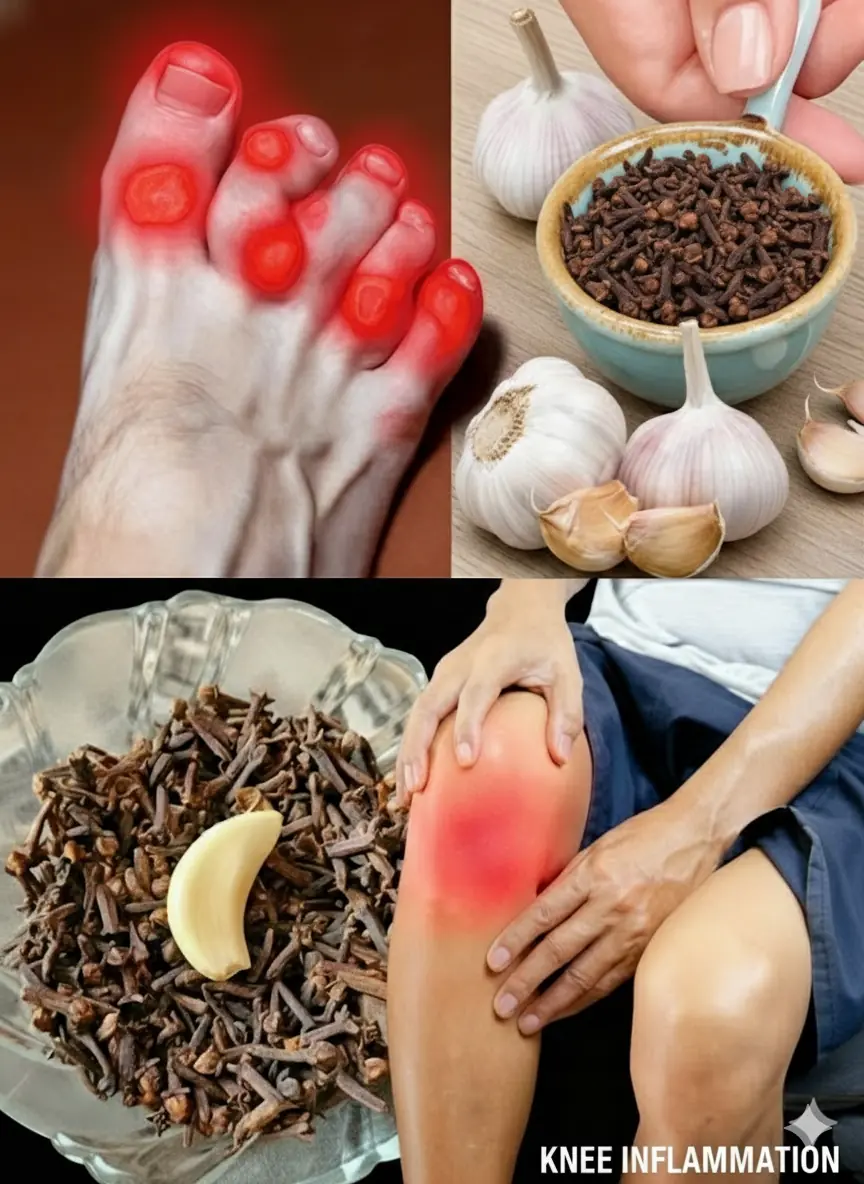
Garlic Clove Oil: The Homemade Remedy That Transformed My Mother’s Chronic Leg Pain
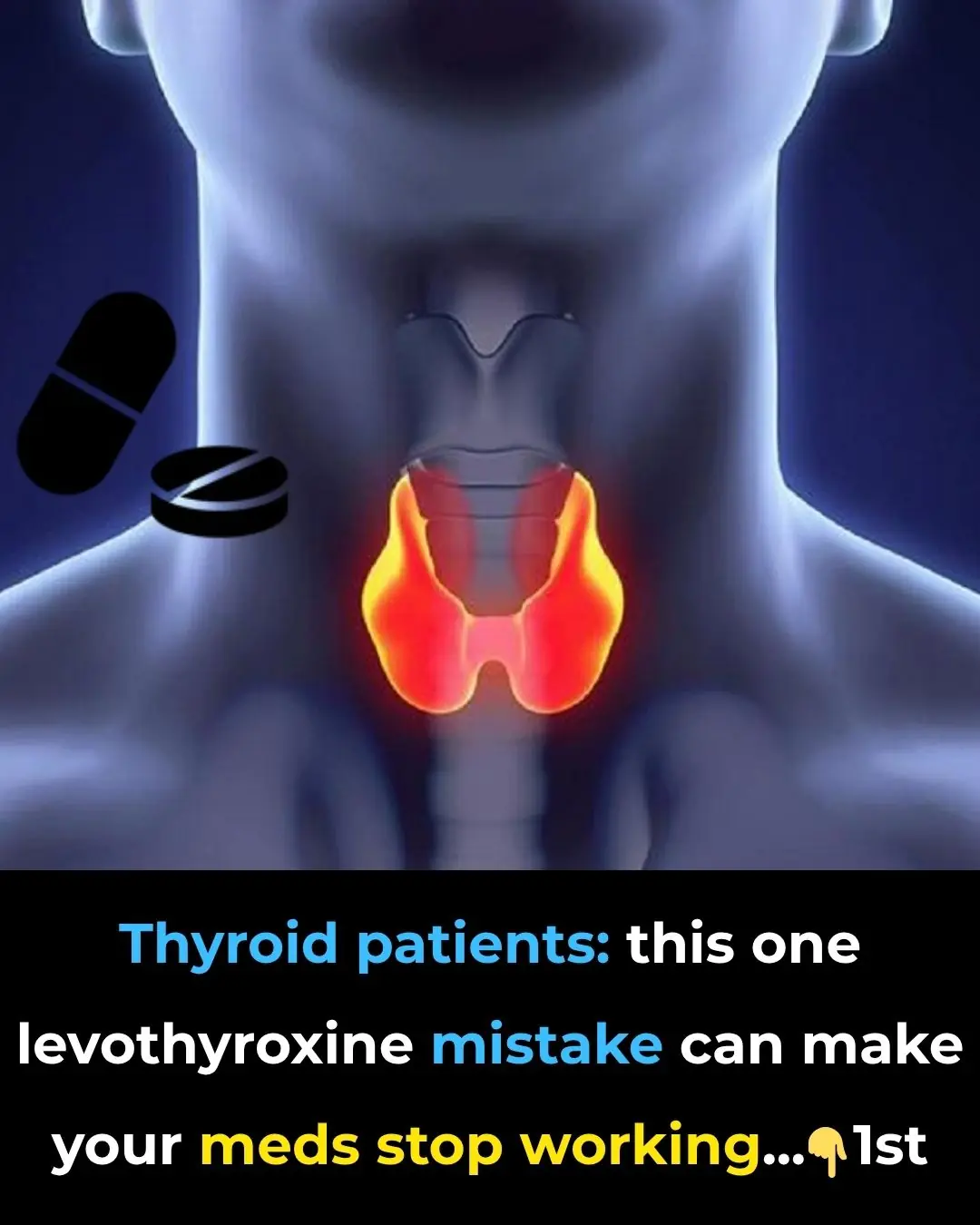
Doctors prescribe LEVOTHYROXINE—but here’s what they don’t tell you
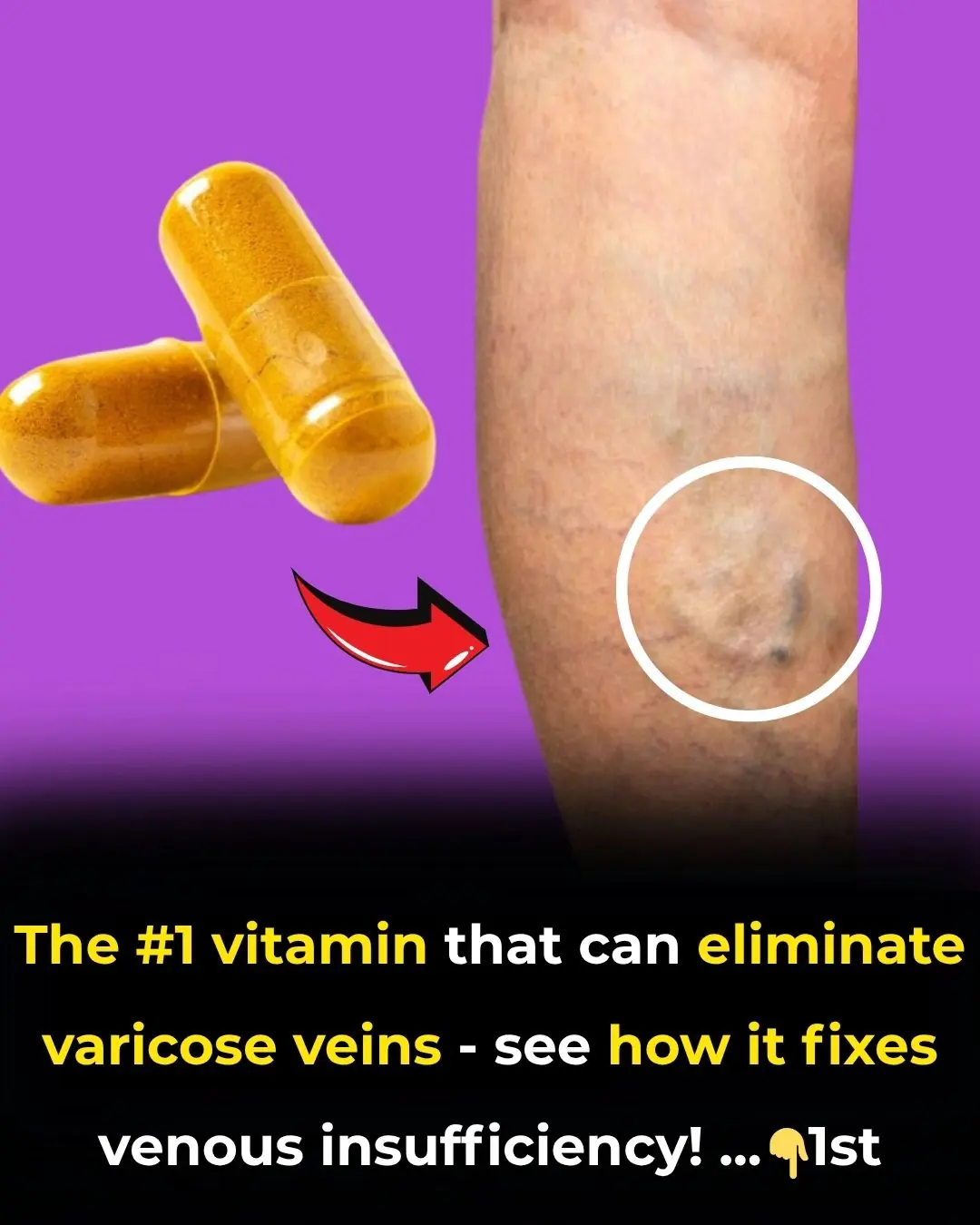
The #1 vitamin that can eliminate varicose veins—see how it fixes venous insufficiency!
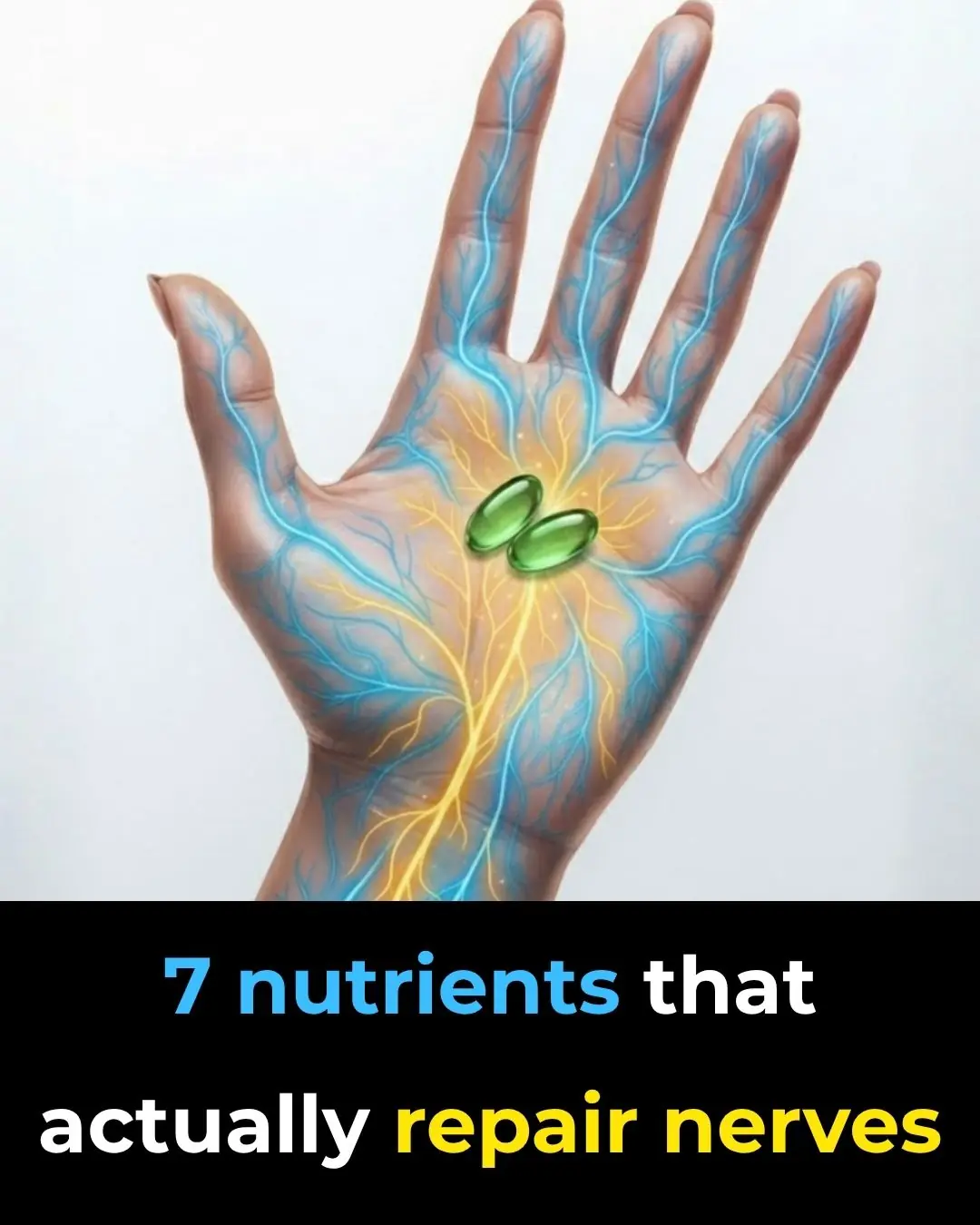
7 nutrients that actually repair nerves

The Forbidden 6-Ingredient Nightcap That Melts Belly Fat While You Sleep and Rewires Immunity Before Breakfast

Super good vegetable for the liver, the elderly and middle-aged people must eat

The Forbidden Elixir Big Pharma Hopes You Never Discover: Master Tonic – One Daily Shot to Bulletproof Your Immunity and Ignite Lifelong Vitality!
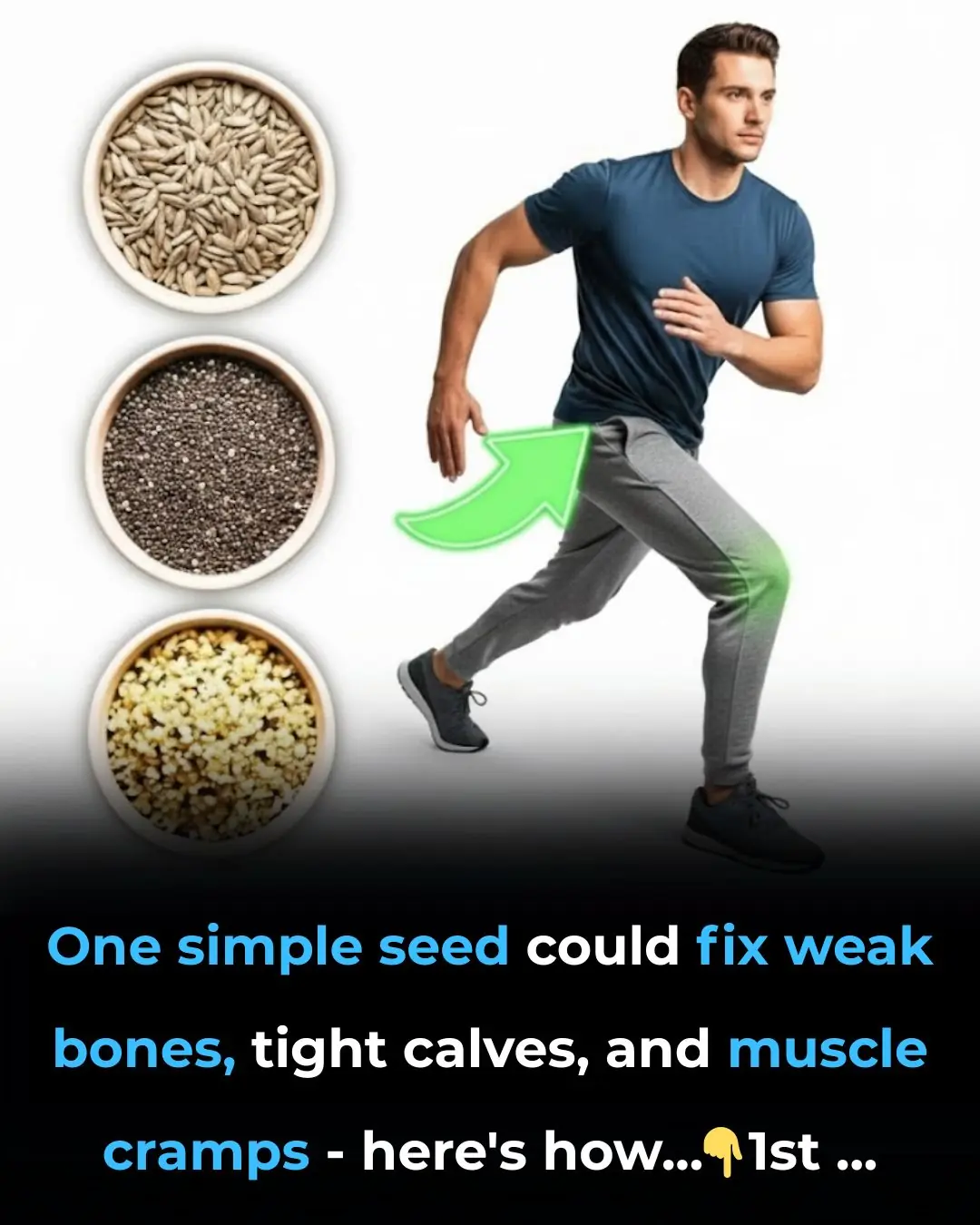
The #1 seed that makes bones & muscles strong—how to use it!
News Post

This Simple Word Could Let Scammers Clone Your Voice with AI
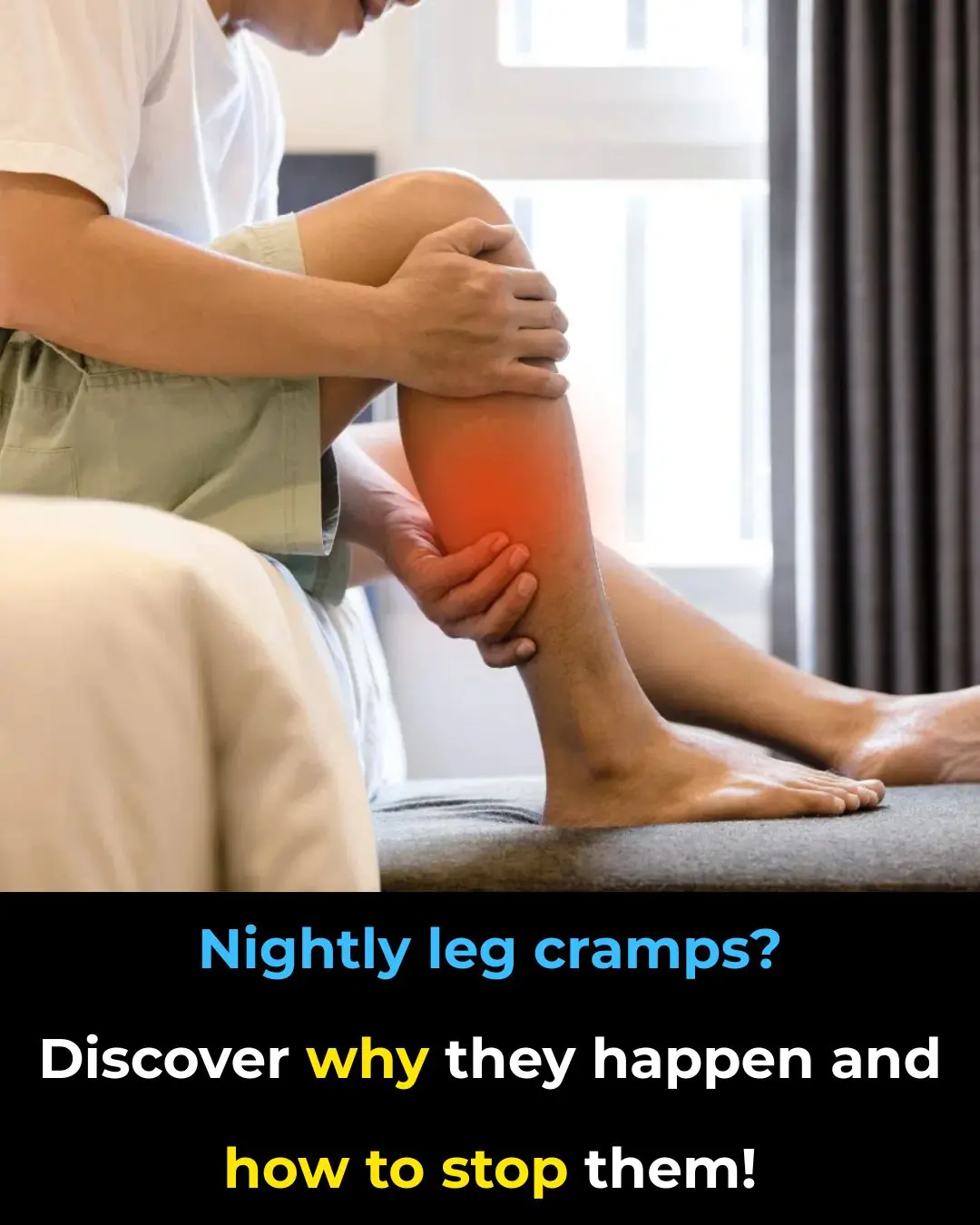
Here's why you have cramps at night and how to avoid them
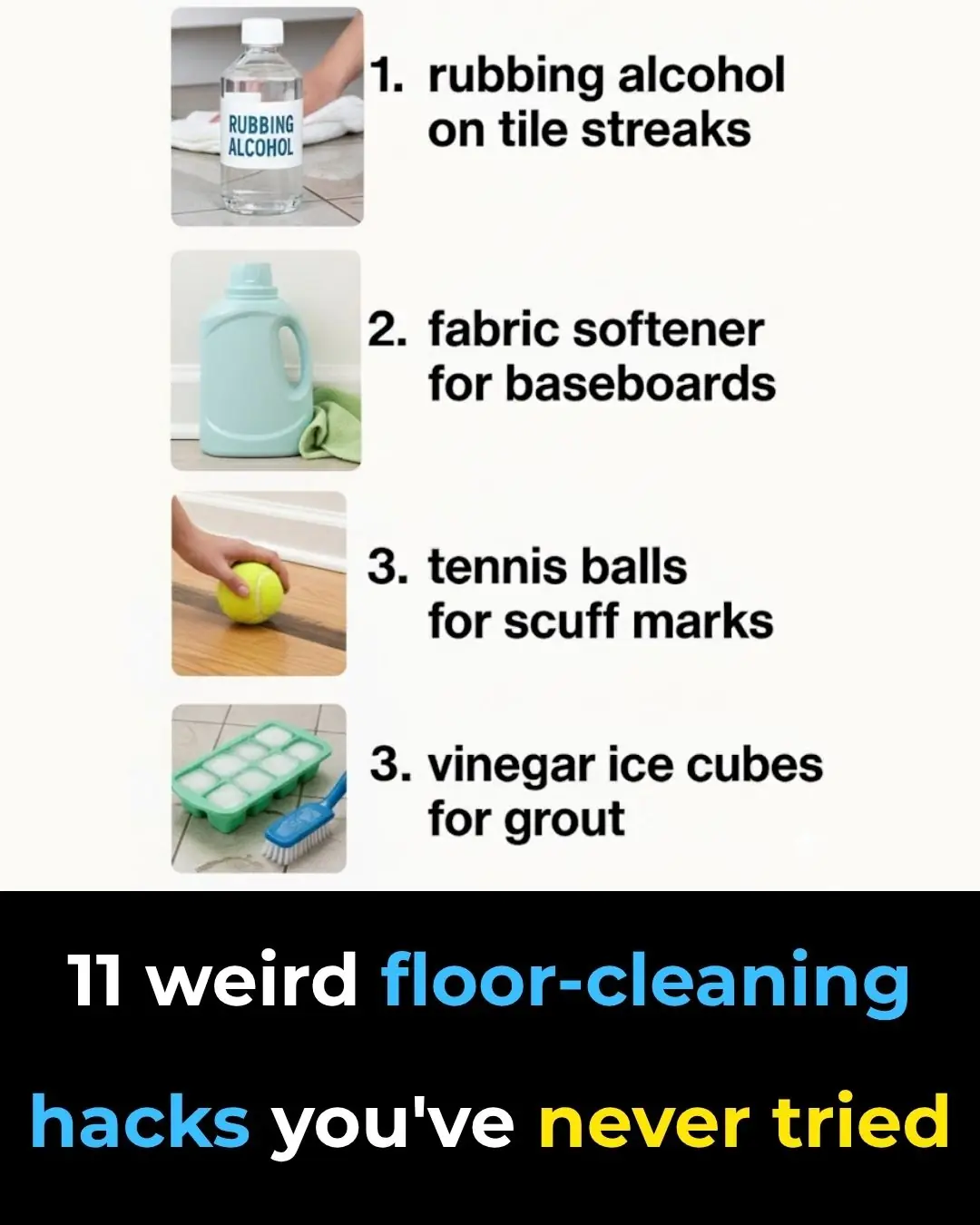
11 Unusual Floor-Cleaning Hacks You’ve Probably Never Heard Of

I Had No Idea About This
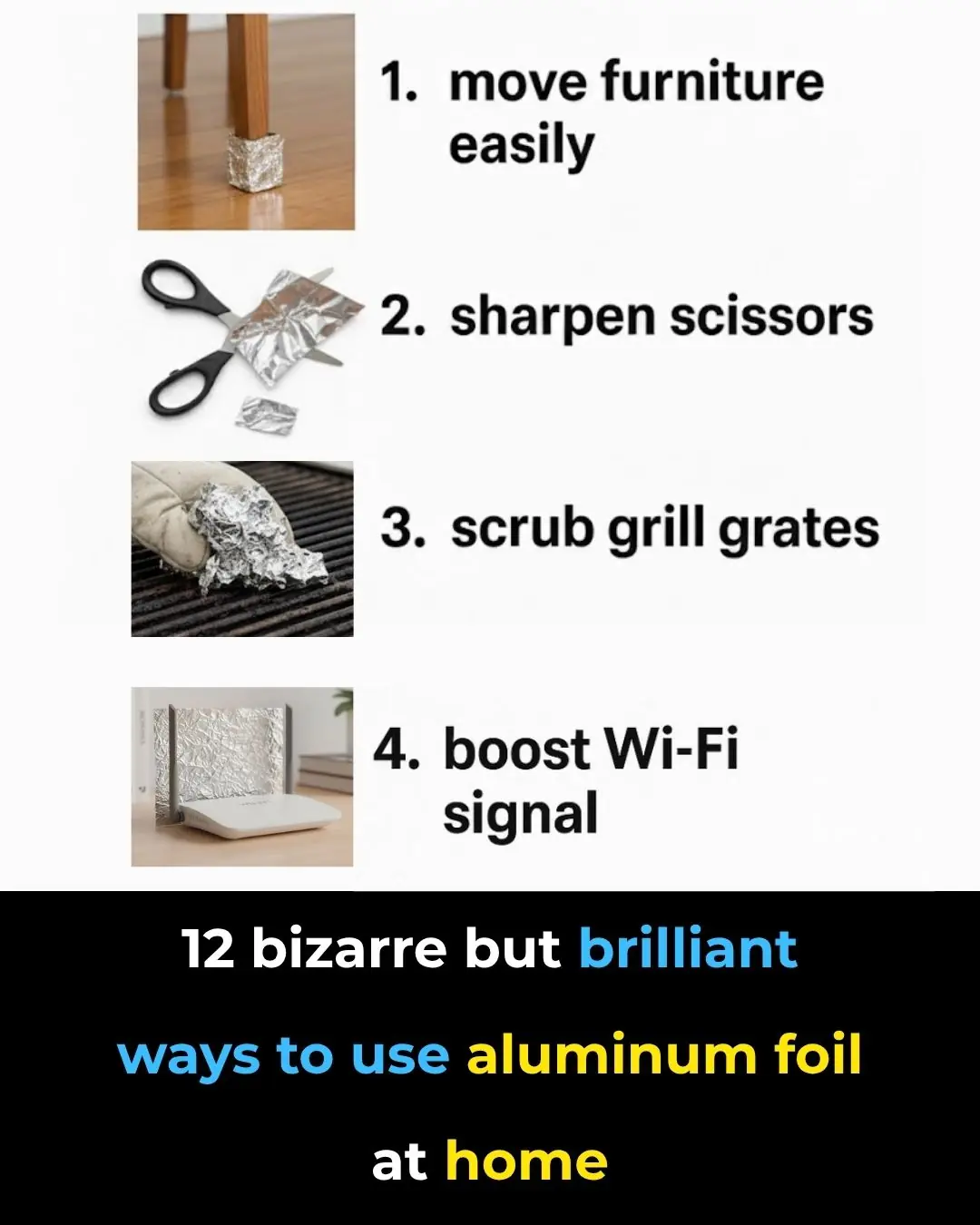
12 Strange but Surprisingly Smart Ways to Use Aluminum Foil at Home

11 Weird Bathroom Hacks That Actually Make Cleaning Easier
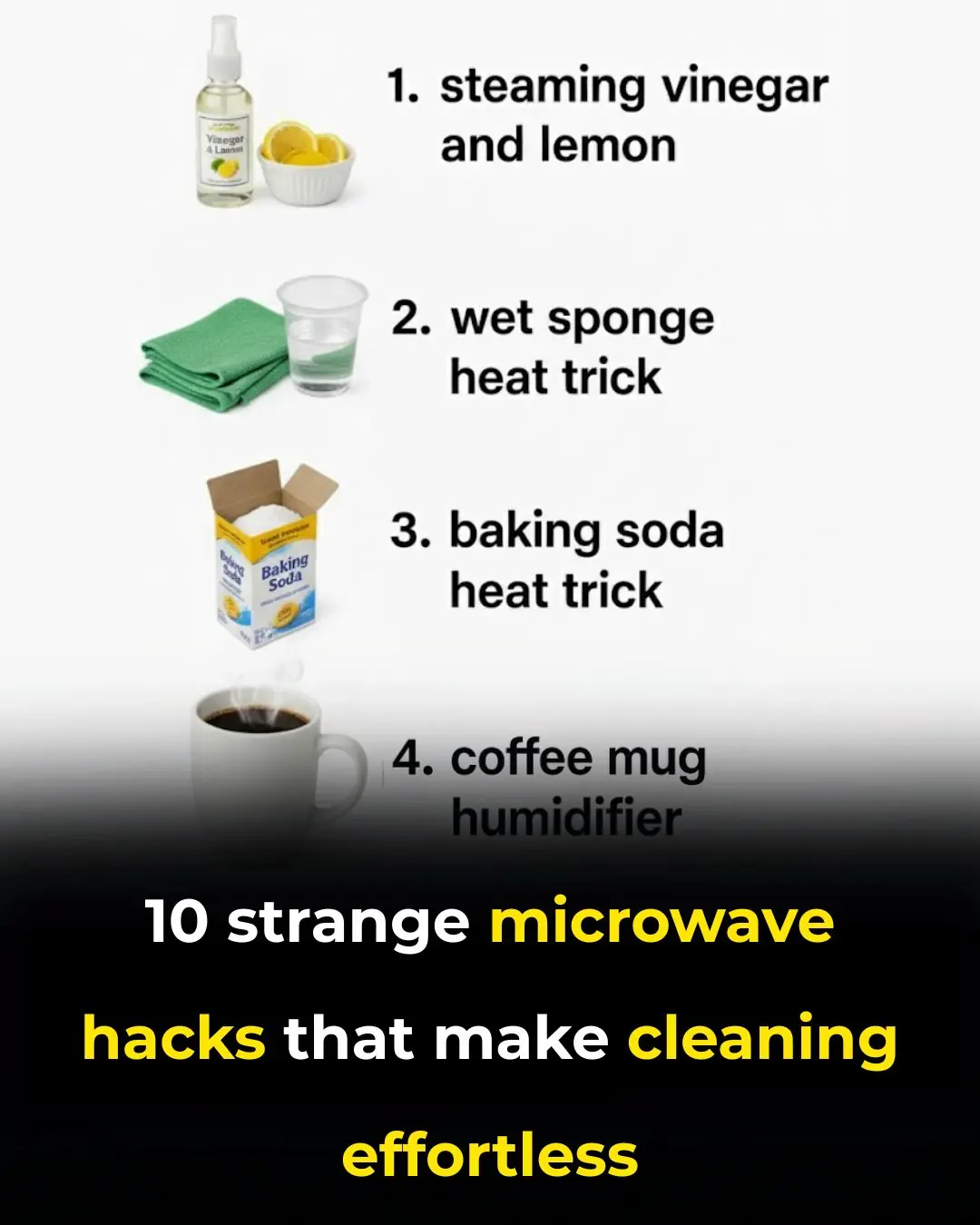
10 Weird Microwave Tricks That Make Cleaning Shockingly Easy

NYC Meltdown: Top Restaurateurs Flee City After Mayor-Elect’s ‘Radical’ Policies

Lady Puts a Cup of Vinegar in the Microwave — and the Reason Is Brilliant
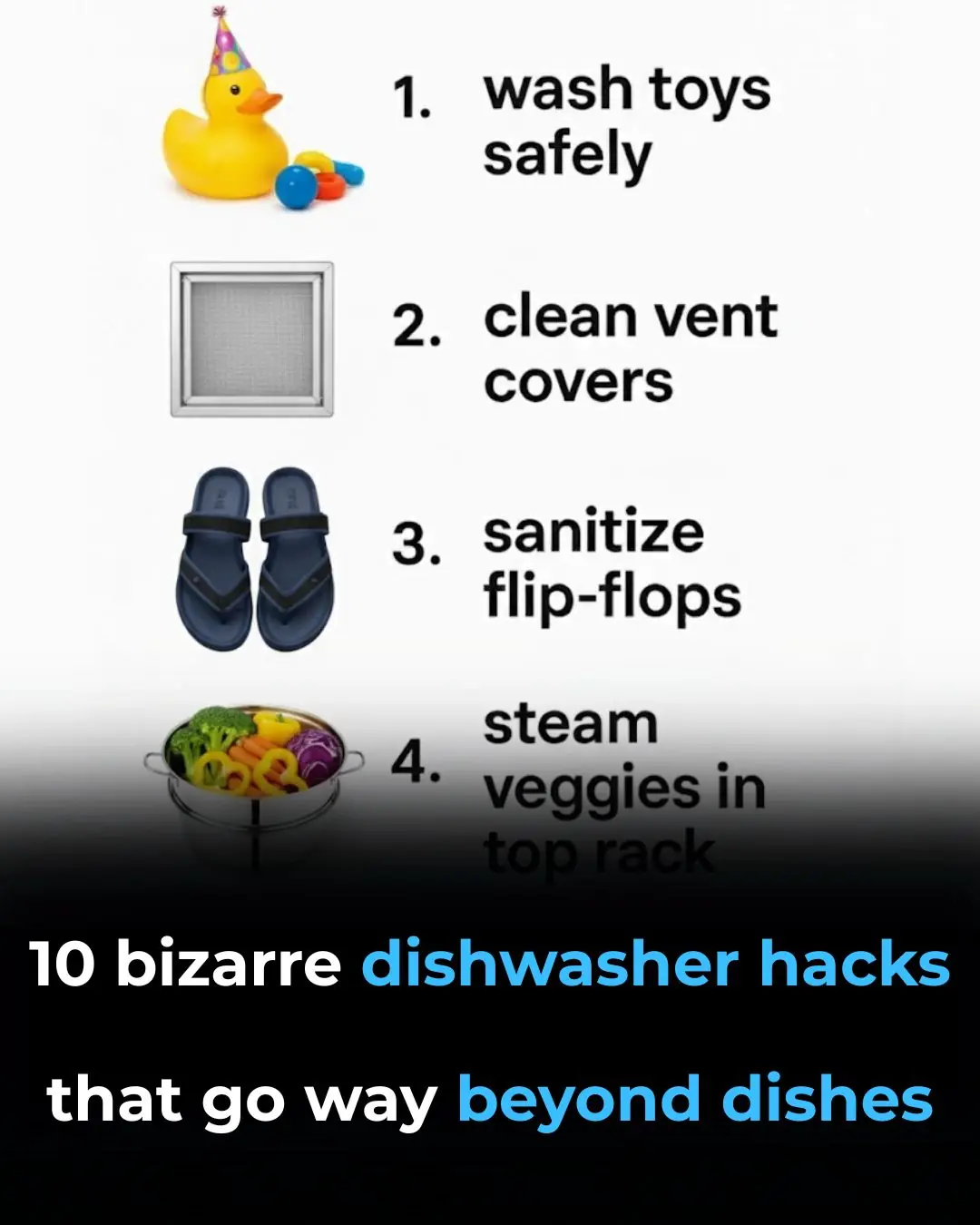
10 Unusual Dishwasher Hacks That Have Nothing to Do With Dishes
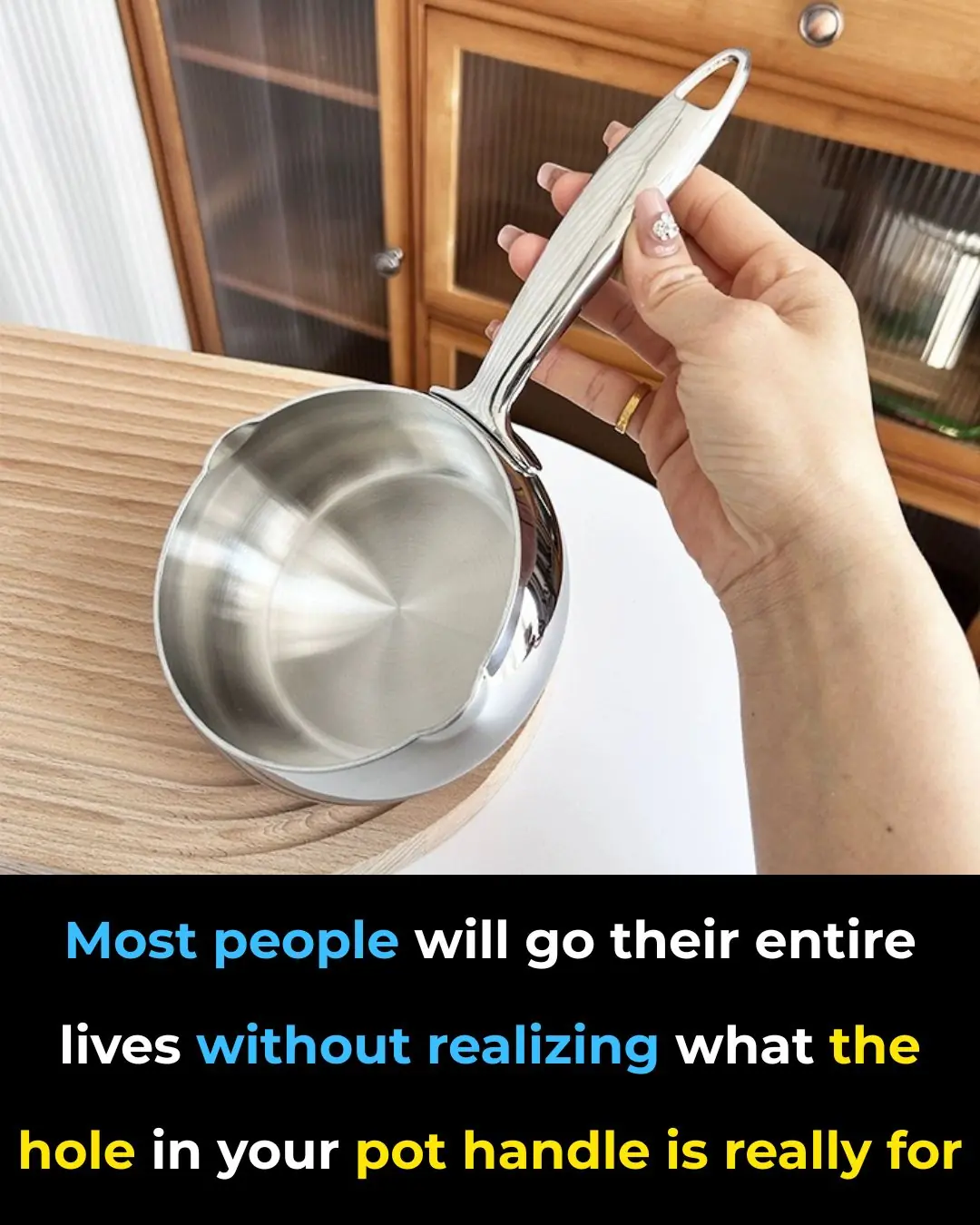
I Had No Idea This Was a Thing

Deleted Photos, Secret Requests: Inside Meghan & Harry’s Blow-Up With the Kardashians
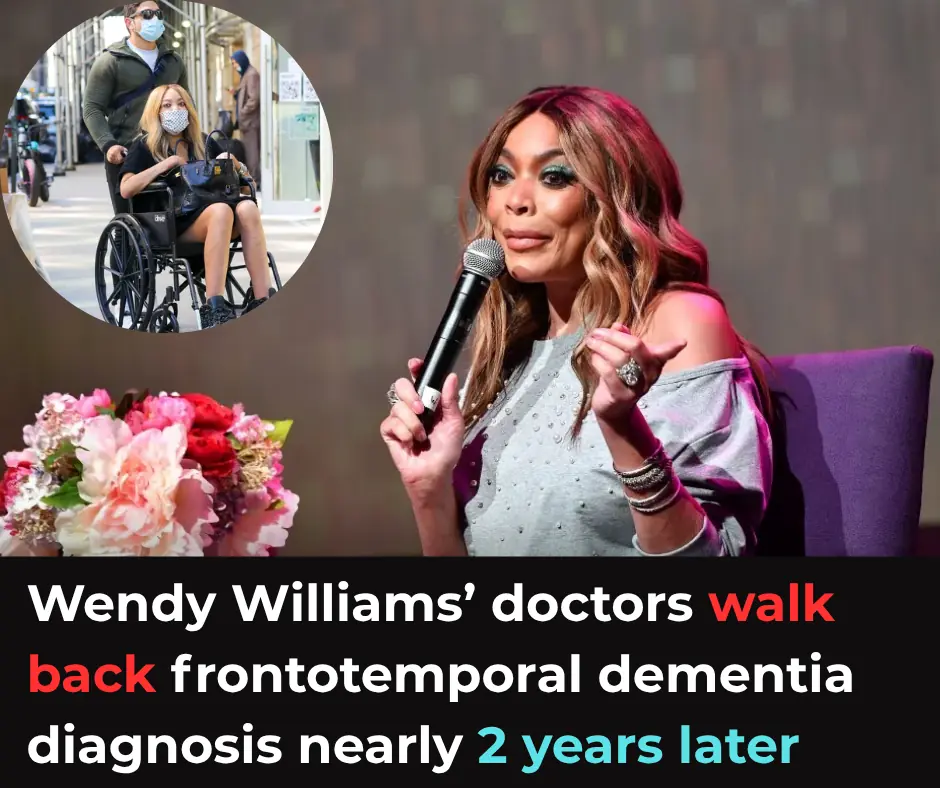
Wendy Williams’ New Brain Test Results CHANGE EVERYTHING — Guardianship Could Collapse

3 Natural Ways to Relieve Acid Reflux Fast
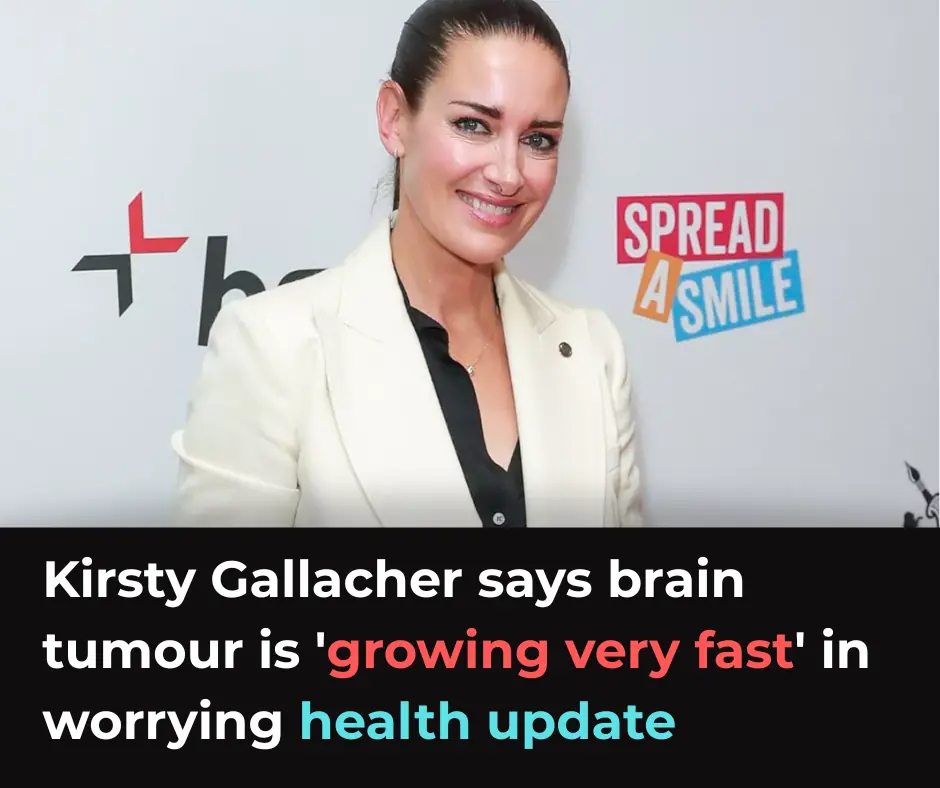
Heartbreaking: Kirsty Gallacher Confirms Her Brain Tumour Has Rapidly Grown Amid Court Battle

This New Million-Person Study Just Changed What We Know About Cholesterol and Dementia

Millie Gibson Drops Bombshell About The Forsytes Season 2 — Fans Didn’t See This Coming

How to Survive a Heart Attack When You’re Alone: Immediate Steps You Must Take

Deal or No Deal Chaos: Sonya’s Game Collapses — Then She Drops a Heart-Stopping Family Reveal
